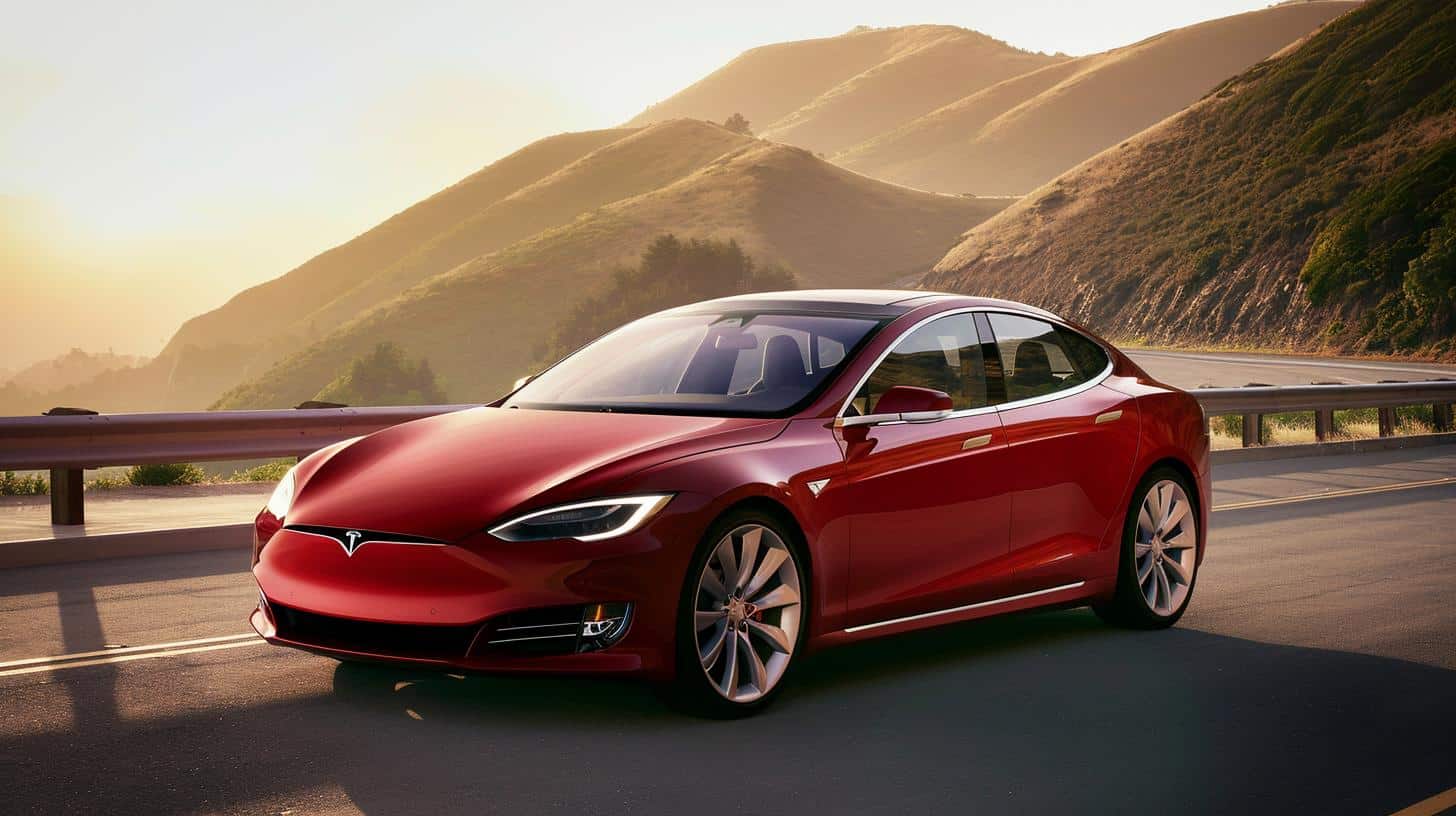Electric vehicles have gained significant traction in recent years as the world moves towards a more sustainable future. Tesla, the pioneering electric car manufacturer, has emerged as an industry leader, challenging traditional automakers who are trying to catch up in the race to electrification. In this article, we will conduct a SWOT analysis of the electric car industry, comparing Tesla’s strengths and opportunities with the weaknesses and threats faced by traditional automakers.
Electric Car Industry: A SWOT Analysis
The electric car industry has its fair share of strengths, weaknesses, opportunities, and threats. Let’s delve into each aspect to gain a better understanding of the industry’s landscape.
Strengths: One of the biggest strengths of the electric car industry is its positive environmental impact. Electric vehicles produce zero tailpipe emissions, reducing air pollution and combating climate change. Additionally, these vehicles offer superior energy efficiency, lower operating costs, and a quieter driving experience. Moreover, the growing public awareness and demand for sustainable transportation further contribute to the industry’s strength.
Weaknesses: One of the key weaknesses of the electric car industry is the limited charging infrastructure. While charging stations are gradually increasing, they are not yet as widespread as traditional gas stations. This limits the convenience and practicality of electric cars, especially for long-distance travel. Additionally, the high upfront cost of electric vehicles remains a barrier for many potential buyers, despite the long-term savings on fuel and maintenance.
Opportunities: The electric car industry presents several opportunities for growth. Increasing government initiatives and incentives, such as tax credits and subsidies, encourage the adoption of electric vehicles. Technological advancements in battery technology and charging infrastructure are driving the development of more efficient and affordable electric cars. Furthermore, the expanding global market and demand for electric vehicles in emerging economies provide lucrative opportunities for industry players.
Threats: Traditional automakers pose a significant threat to the electric car industry. These established players have the advantage of brand recognition, established supply chains, and extensive dealer networks. They are also investing heavily in electric vehicle development to compete with Tesla. Additionally, fluctuating oil prices and government policies can impact the demand for electric vehicles, posing a threat to the industry’s growth.
Tesla’s Rise: Strengths and Opportunities
Strengths: Tesla has emerged as a dominant force in the electric car industry, primarily due to its technological prowess and visionary leadership. The company’s commitment to innovation has allowed it to develop cutting-edge electric vehicles with impressive range and performance. Furthermore, Tesla’s Supercharger network provides a vast charging infrastructure that enhances the convenience of electric vehicle ownership.
Opportunities: Tesla has several opportunities for further growth and expansion. The company’s brand image and customer loyalty give it a competitive advantage over traditional automakers. Tesla’s focus on renewable energy solutions, such as solar power and energy storage, allows for potential integration of these technologies with its electric vehicles. Additionally, Tesla’s entry into the mass market segment with more affordable models, like the Model 3, opens up a wider customer base and untapped markets.
Traditional Automakers: Weaknesses and Threats
Weaknesses: Traditional automakers face several weaknesses when it comes to electric vehicles. Many are still catching up in terms of technological advancements, resulting in electric cars with lower range and performance compared to Tesla. Additionally, their established reliance on internal combustion engines and complex supply chains make it challenging to transition to electric vehicle production seamlessly.
Threats: The rise of Tesla and the growing demand for electric vehicles pose a significant threat to traditional automakers. These companies need to invest heavily in research and development to keep up with Tesla’s advancements and retain their market share. Moreover, the transition to electric vehicles requires substantial investments in retooling production facilities and training the workforce, making it a costly endeavor for traditional automakers.
On the Road Ahead: Competition and Challenges
The road ahead for the electric car industry is filled with competition and challenges. Traditional automakers are ramping up their efforts to develop electric vehicles and catch up with Tesla. While this competition fosters innovation and benefits consumers, it also poses challenges for Tesla to maintain its market dominance. Additionally, the limited availability of rare earth minerals for battery production and the environmental impact of their extraction present challenges for sustainable growth in the electric car industry.
The Future of Electric Cars: Key Takeaways
The future of electric cars is undeniably promising. The industry’s strengths, such as environmental benefits and growing public demand, provide a solid foundation for further growth. Tesla’s strengths lie in its technological innovations, brand image, and loyal customer base, while traditional automakers face weaknesses and threats in the transition to electric vehicles. The competition between these players and the challenges of charging infrastructure and cost barriers will shape the industry’s future. As governments, consumers, and companies increasingly prioritize sustainability, the electric car industry is poised for a transformative future.
The electric car industry is at a critical juncture, with Tesla leading the charge and traditional automakers playing catch-up. As the world shifts towards sustainable transportation, the strengths, weaknesses, opportunities, and threats of the industry will continue to evolve. The key to success lies in innovation, technological advancements, and collaborative efforts between industry players to overcome challenges and accelerate the adoption of electric vehicles. With the future of the planet at stake, the electric car industry remains an essential sector in driving towards a greener future.













